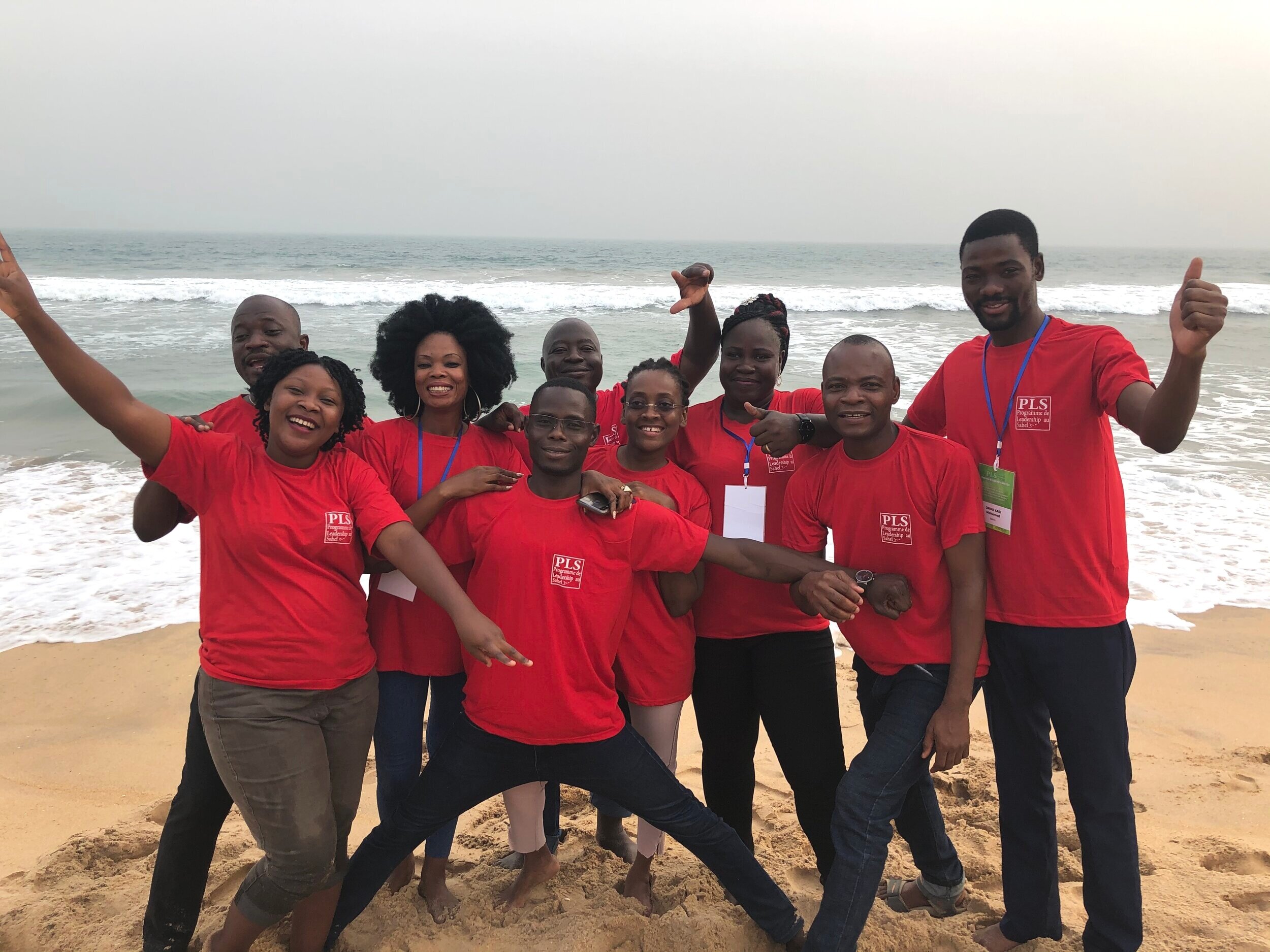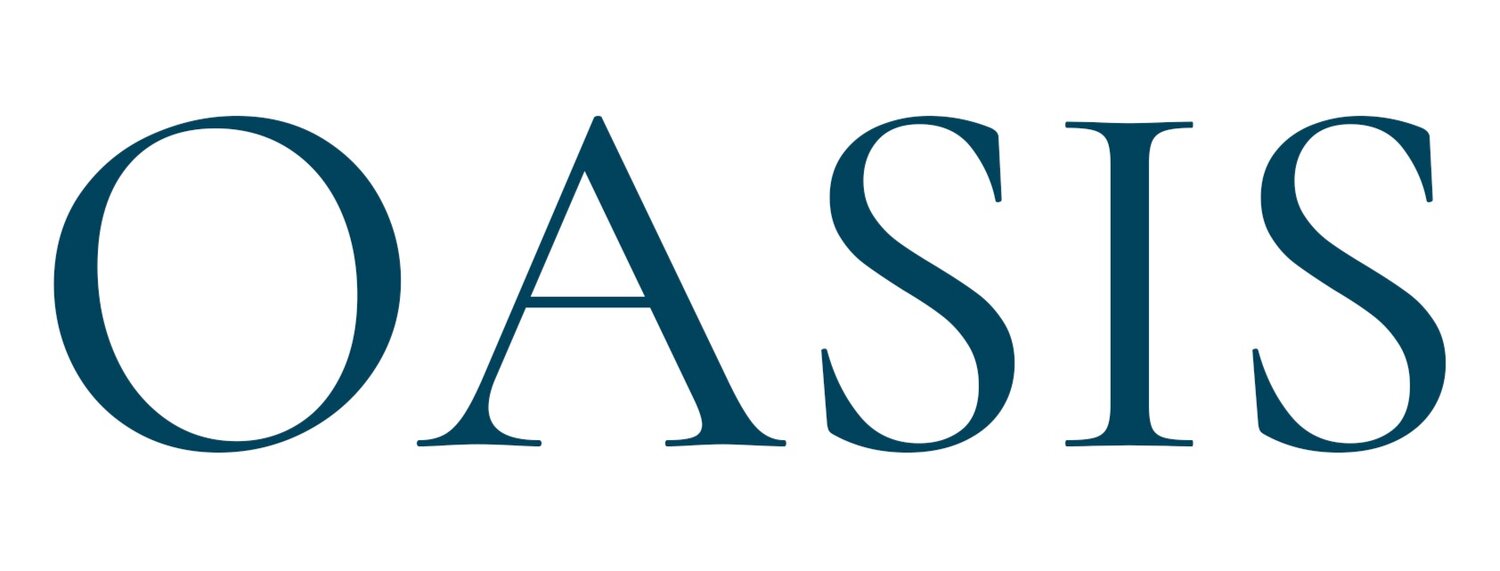
Sahel Leadership Program
The Sahel Leadership Program (SLP) aims to assemble and engage a critical mass of leaders across francophone West Africa dedicated to upholding sexual and reproductive health and rights, and furthering the education and empowerment of girls and women. One of SLP’s fundamental tenets is that the region’s own leaders are the most powerful resources for meeting its challenges and building a better future. Since 2015, the SLP has trained 240 emerging leaders from eight African countries and built professional networks to promote collaboration across sectors to accelerate progress towards development that is truly sustainable.
How does it work?
GRADE Africa implements the SLP in collaboration with OASIS, which contributes to program design and fundraising. We work with emerging leaders to champion programs and policies which can positively influence demographic trends in the Sahel, while also promoting gender equality, food security, access to quality health care and education.
The SLP includes a weeklong intensive training for 30 fellows followed by a year of professional mentorship, exchange visits, group projects and advocacy workshops. The program provides training and mentoring for emerging leaders, builds peer-to-peer connections and professional networks, and creates opportunities for cross-sectoral collaboration in order to accelerate progress towards four key goals:
Improving access to quality family planning
Reducing abortion-related mortality
Increasing girls’ secondary school enrollment
Raising the median age of marriage for girls
Sahel Leadership Program fellows are . . .
Influencing policy at the national and regional levels
MOULNANG Ossoumal (SLP 2016, Tchad) used the advocacy skills she sharpened at the SLP to push the government of Tchad to implement a global evaluation of the civil registration and vital statistics system (birth certificates) in 18 of 23 regions in the country. Birth certificates contribute to children’s access to education, the protection of girls against early marriage, and the fight against child labor.
NIKIEMA Georgette (SLP 2020, Burkina Faso), as President of the National Association of Midwives and Skilled Birth Attendats (APSAM), has pushed for proper implementation of government policy by encouraging members to adhere to the new guidelines for adolescent/youth SRHR, including comprehensive sexuality education.
At the forefront of youth engagement and activism
MEVOWANOU Chancelline (SLP 2020, Benin) is a 24 year-old Beninese activist and blogger engaged in the fight for girls’ rights. She recently won the World Bank #Blog4Dev contest on solutions to end child marriage and was appointed a new member of Beijing+ 25 Youth Task Force. In this role she will ensure youth voices are central to decisions that affect their futures.
HATIMOU BAKO Almoctar (SLP 2019, Niger) is a family planning champion and community activist working with AmplifyFP. He has inspired communities across Niger by engaging community based organizations and conducting outreach to remote areas of Niger though radio and other media.
Sparking change from within government ministries
KABORE Souleymane (SLP 2020, Burkina Faso) is using his position in the Ministry of Health to improve task shifting efforts and is spearheading family planning campaigns to reach thousands of new contraceptive users.
YANOGO Awa (SLP 2019, Burkina Faso) is a lawyer within the Ministry of Helath who leads the *Communauté d’Action pour la Promotion de la Santé Sexuelle et Reproductive au Burkina Faso* (CAPSSR-BF). She has been working tirelessly to educate others and to fight for girls and women’s sexual and reproductive rights at the policy level. See her speak about her work in this short.
“The importance of this training lies in the networking opportunities. The SLP network is a place of exchange between brothers and sisters of the Sahel, motivated by the same passion and vision.”
— SLP Fellow 2017








